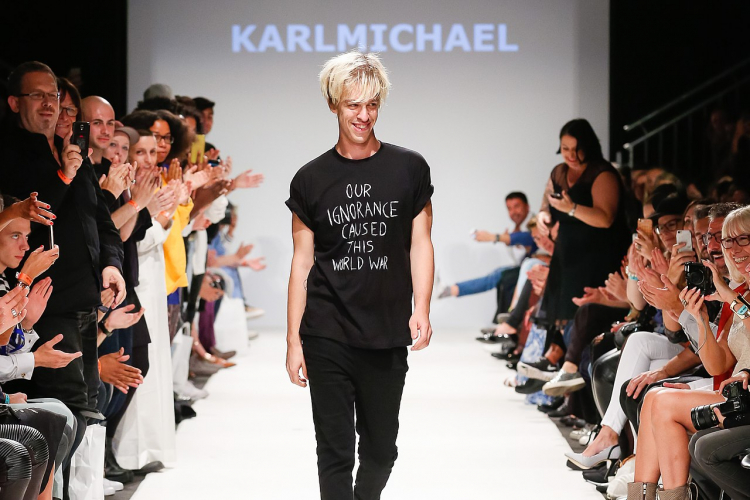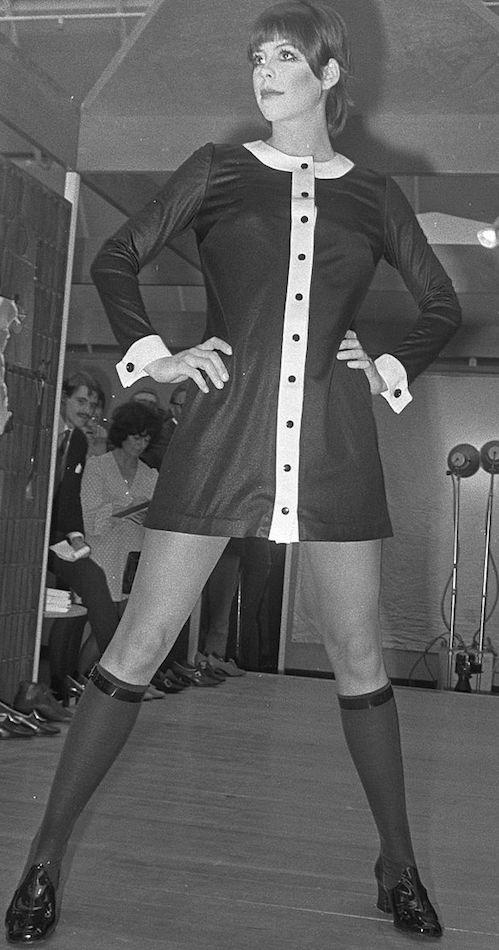Fashion Activism: Changing the World One Trend at a Time

Fashion has always served as a way to tell stories through dress. Silhouettes, crop-tops & shoes convey meaning, but when it comes to being on the right (or wrong) side of history, we use the power of clothing to convey what we stand for. From '80s ACT UP’s FDA protest to 2016’s Black Lives Matter’s march; activists have used the power of clothing to convey what they stand for. Similarly, that is what fashion activism is about: letting the world know the story of our rebellion through fashion.
The designer and founder of the design and tech lab, SLOW FACTORY, Céline Semaan, first coined the term Fashion Activism, she asserted in an interview with i-D UK that "Fashion means more than clothing here. It's about defending choice". Historically, fashion activism has not only defined and wrote the history of many struggles, but it's also won many battles and continues to remind us of its importance. Here are a few examples of how:
The Mini-Skirt:
In the 1960s, wearing a mini skirt was more than a fashion choice, it was a political statement. When women became fed up with the patriarchal system of society and how they were treated differently than men, from voting to employment discrimination, they decided to wear short skirts as a form of rebellion. Thanks to Mary Quant, the British designer behind the mini skirt, to Andre Courrèges who popularized it in Paris, we can now look back in history and see the mini skirt as a sign of female liberation and women’s rights.
Diabolo mini dress at Mary Quant fashion show, Utrecht, 24 March 1969, Image Credits: Photo collection AnefoThe Slogan T-Shirt:
This is an activist's favorite! Thanks to Vivienne Westwood, who first brought it into mainstream consciousness back in the '80s with her anti-Nazi slogan T-shirts. The shirts read “destroy” on top of a crucified swastika. Slogan T-shirts have been the pioneers of fashion activism. Many movements throughout history have been aided by them. For instance; the iconic ACT-UP Slogan T-shirts, worn by AIDS activists during the AIDS epidemic.
Whether it is Dior’s SS 2016 “The Future is Female” or ACT UP’s “SILENCE=DEATH”, these beacons of hope remind us of the unity and bond that has endured countless causes. Fashion activism is always en vogue, and serves to constantly remind us of the rich history of struggle, rebellion and those before us.








